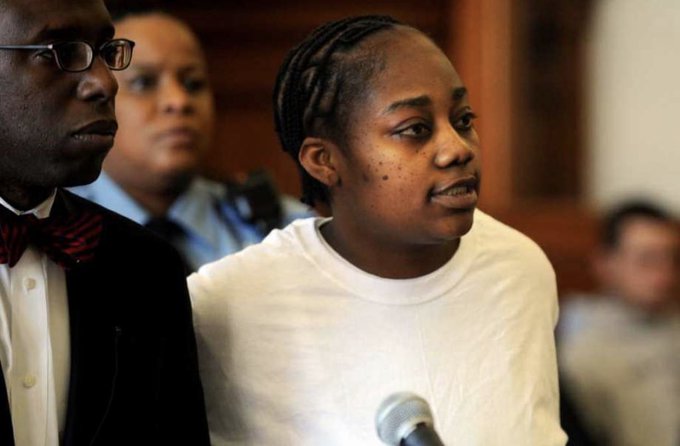
#CollegeAdmissions #Wealth #Privilege #TanyaMcDowell #LoriLoughlin #FelicityHuffman
The recently revealed college admissions scandal, dubbed Operation Varsity Blues, has all the drama and intrigue of a Hollywood film: extreme wealth and privilege (alleged bribes of up to $6 million to get kids into elite schools), deception and, of course, celebrities and social influencers, notably actress Lori Loughlin, her fashion-giant husband Mossimo Giannulli, and actress Felicity Huffman.
“This case is about the widening corruption of elite college admissions through the steady application of wealth combined with fraud,” said U.S. Attorney Andrew Lelling at a press conference in Boston Tuesday. “There can be no separate college admissions system for the wealthy, and I’ll add there will not be a separate criminal justice system, either.”
However, as the country fixates on the gross extortion by those who have the means to provide the best academic resources and advantages that money can buy, others are using the opportunity to try and shed some light on the realities of America’s unbalanced education system — specifically, the prosecution of struggling, working-class citizens fighting for equal opportunities for their children.
“Remember Tanya McDowell?” one Twitter user asked. “She was convicted of 1st-degree larceny for ‘stealing’ an education. But, #CollegeCheatingScandal.”
McDowell, of Connecticut, was arrested for illegally enrolling her 6-year-old son in the public school of a town in which she did not live and, in 2012, was sentenced to five years in prison.
Below, read more about McDowell and other past convictions that stand in stark contrast to Operation Varsity Blues.
Tanya McDowell
In 2011, McDowell was arrested for sending her 5-year-old son to a Norwalk, Conn. elementary school for a better education. McDowell was unemployed and homeless at the time, but slept primarily in Bridgeport-area shelters and in a van, and occasionally an apartment, reported NBC Connecticut. Then 33, McDowell used her son’s babysitter’s address to enroll him at the Norwalk school.
Authorities claimed that McDowell had stolen $15,000 — the cost of her son’s education — from the Norwalk School District, and charged her with first-degree larceny and conspiracy to commit first-degree larceny. She was sentenced to 12 years total, with the additional time for two counts of the sale of narcotics.
“Who would have thought that wanting a good education for my son would put me in this predicament?” McDowell lamented to the Superior Court judge after receiving her sentence. “I have no regrets seeking a better education for him. I do regret my participation in this drug case.”
Kelley Williams-Bolar
Not all education is created equal. That’s why Ohio mom Kelley Williams-Bolar says she falsified records, to allow her two daughters access to better schooling. It wound up getting her jailed for nine days and convicted of a felony in 2011. The charge also threatened Williams-Bolar’s ability to get her teaching license.
Using her father’s address, Williams-Bolar, who is black and lived in a housing project in Akron, Ohio, claimed residency status in a predominantly white suburb that had higher performing schools. Her children attended the Copley Township school, until the district filed criminal charges against Williams-Bolar and, later, her father. The district alleged that Williams-Bolar owed $30,500 in tuition.
The criminal charges leveled against her sparked national outrage, and highlighted the issues of equal access to education, particularly based on race.
“There weren’t that many minorities out there,” Williams-Bolar told Ebony. “This was their way to narrow down our enrollment. I didn’t hear them say that, but at the same time there were only a sprinkle [of non-White students].”
By Paulina Cachero-Yahoo Lifestyle ,March 15, 2019










Comments
Post a Comment